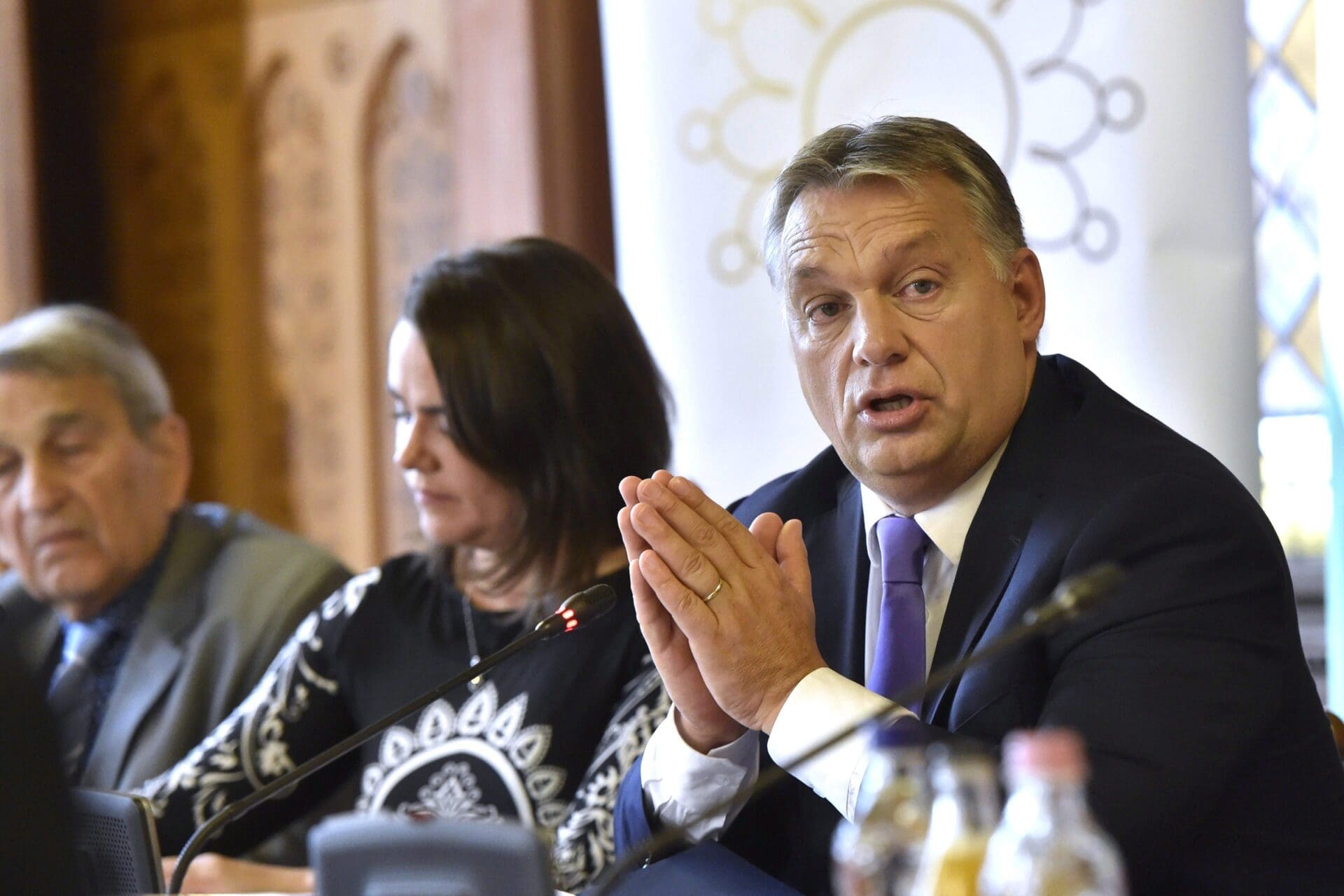The Original Law
Last March, Prime Minister Viktor Orbán announced that young people under the age of 25 would not have to pay personal income tax as of 2022. This meant that their gross monthly income would rise by 22 per cent. A similar law was already introduced in 2020 for mothers who have four or more children. As Katalin Novák, minister of family affairs at the time explained after the decision was announced, the 22 per cent increase means that on average, young adults would see their income increase by about half a million forints yearly. The introduction of the law was well received, and the tax exemption has been in effect since January 2022.
As a result of the measure, many companies have decided to hire more young adults for jobs they would not have been considered for before, not to mention the fact that the exemption translated into a rather attractive pay rise for those who were already working full-time. In light of the measure’s success, the government announced on Monday that it could be expanded.
Tax Exemption Expanded to Young Mothers
Viktor Orbán spoke in the Hungarian parliament on Monday. The topics he discussed included the long-term investments facilitating gas imports from Russia, the government’s green initiatives, and new measures planned to help Hungarian families. The PM announced that the cabinet is considering the expansion of the personal income tax exemption of young people under 25 to women aged 25–30 who commit to having a child before they turn 30.
Responding to an intervention by Mi Hazánk MP Dóra Dúró, who said the cabinet’s family policies are insufficient, Viktor Orbán reminded that this year only, the government returned 670 billion forints worth of personal income tax to families. He noted, however, that introducing tax exemptions for families and linking payments (other than pensions) to inflation simultaneously would equal state bankruptcy. He added that the government will continue to do everything in its power to increase the support to families.








